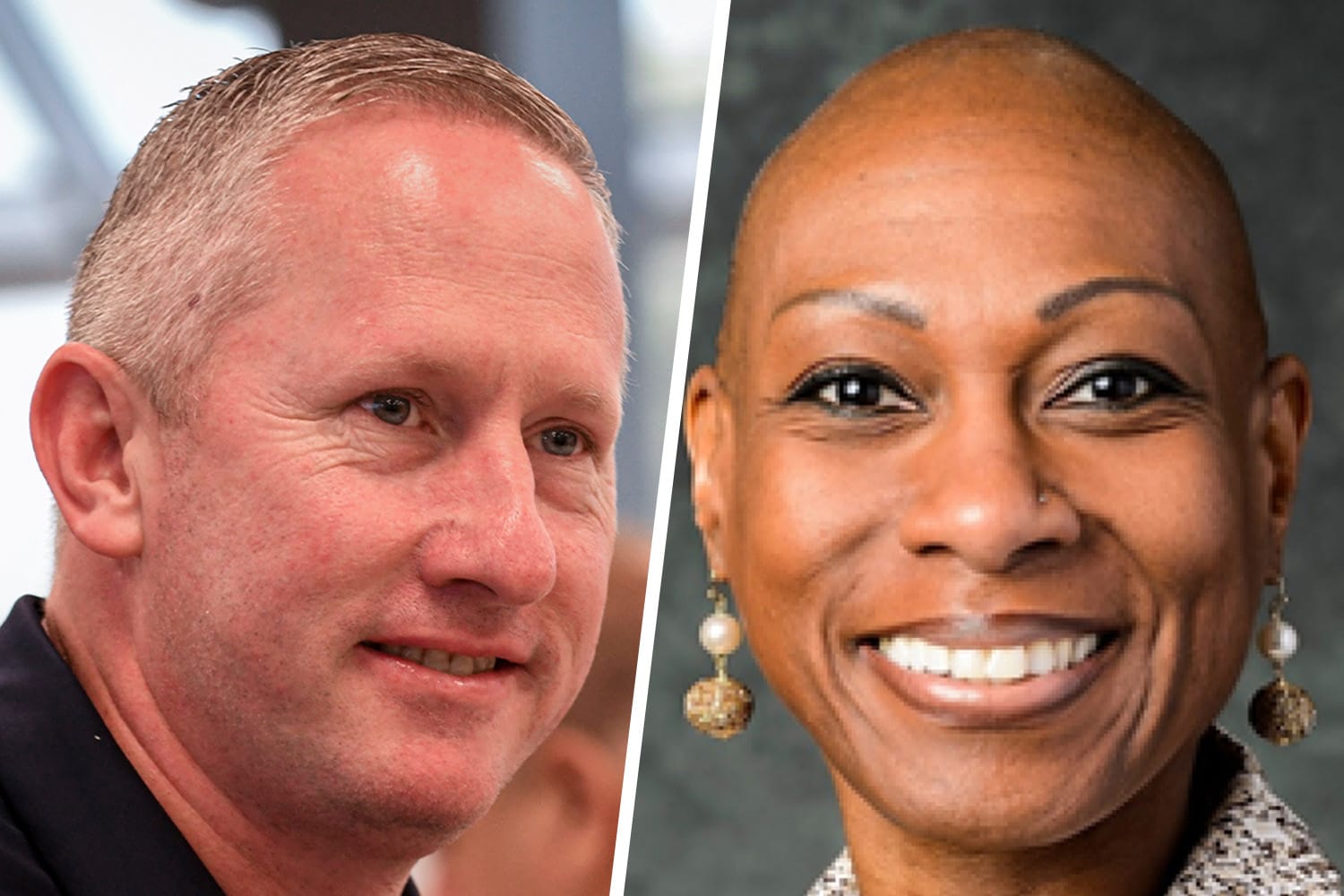
Evergreen High School – Colorado School Shooting
On September 10, 2025, America saw two school shootings in one day — one at Utah Valley University and another at Evergreen High School in Colorado. As Colorado relives the trauma of Columbine nearly three decades later, we must confront how bullying, trauma, and silence fuel cycles of violence that continue to devastate our schools.








